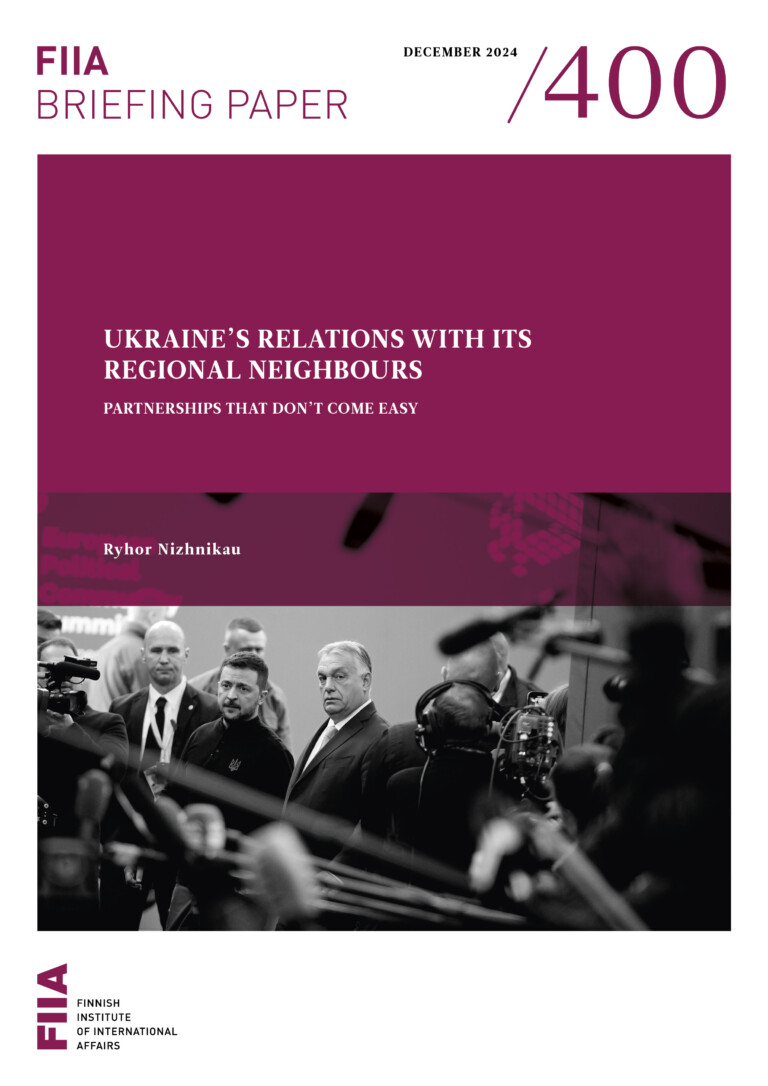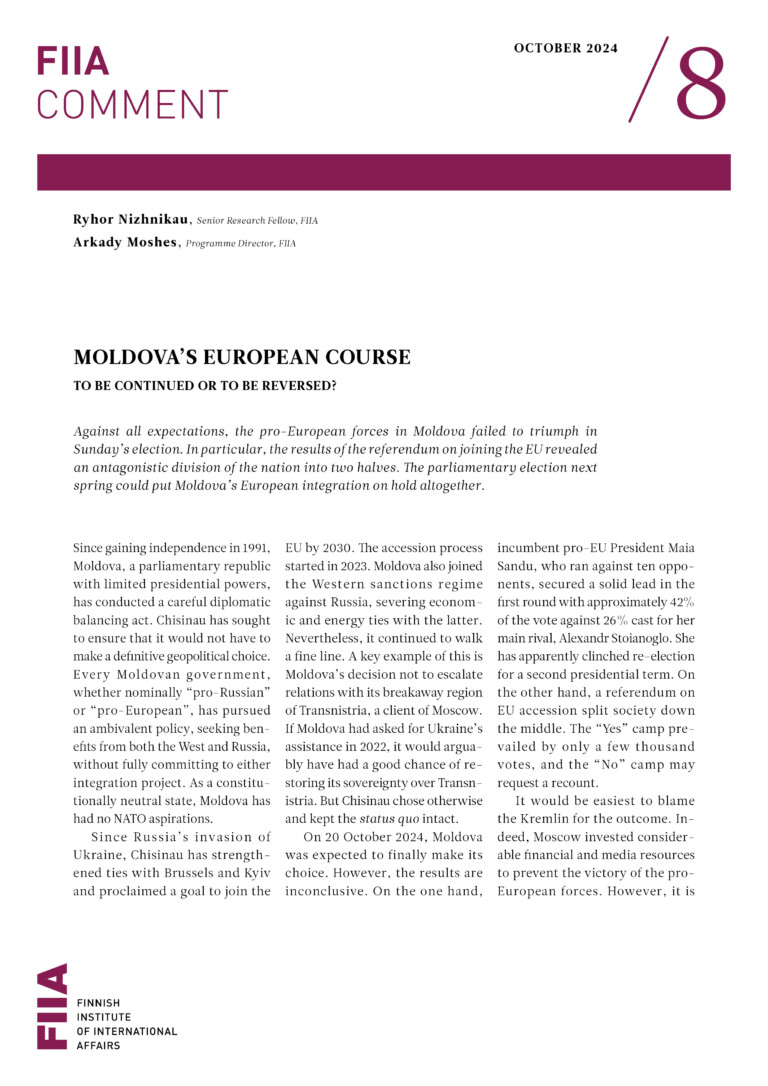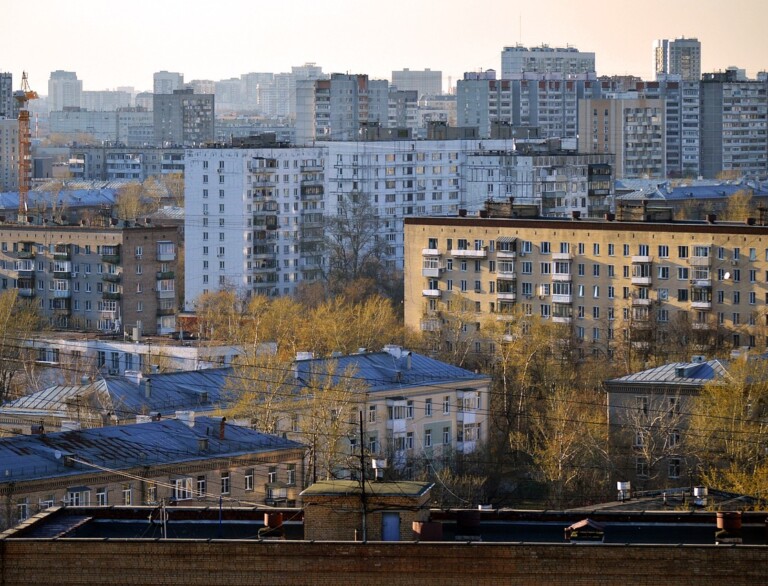President-to-be Vladimir Putin has outlined his plans for Russia in a series of newspaper articles. The real question, however, is not what should be done but how the goals can be achieved. This question remains unanswered even after reading through Putin’s articles.
Nowadays it is common to think that Russia is already living according to new rules – although no one is able to clearly articulate what those rules are. The change is visible, however. Take, for example, the ‘Putin Plan’ – a collection of texts that served as the unofficial electoral programme in the previous presidential elections. Few people actually read anything written in that plan, yet everyone remembers the billboards that dominated the political landscape from the smallest village to the biggest cities four years ago.
This time around, Putin’s plans have been presented to the electorate in the form of newspaper articles published in the leading Russian newspapers from January through February 2012. Although Putin is expected to win the March elections, what is at stake in the campaign is the legitimacy of his third presidential term. The article writing is, of course, entirely different from holding free and fair elections, but by engaging with the public outside of the usual realm of state television, the current Prime Minister is signalling that he has got his act together; and what is more, that he has answers to the pressing questions on the future of Russia.
The first article, published on 16 January in Izvestiya, outlined Putin’s vision of the risks and challenges Russia will encounter in the coming years. This was followed by an article on ethnicity issues, published in Nezavisimaya Gazeta on 23 January. The third article, published in Vedomosti on 30 January, listed the main ideas for Russia’s new economic policy. The fourth article appeared in Kommersant on 6 February and it elaborated on Putin’s thinking on democracy and the quality of governance. A week later, Putin discussed the social policy plans in an article that appeared in Komsomolskaya Pravda. The sixth article was published in Rossiiskaya Gazeta on 20 February, dwelling on the Army reform and military procurement. The last of the articles, published on 27 February in Moskovskie Novosti, spelled out Russia’s interests in world affairs.
In each of these articles, Putin poses a traditional Russian question: What should be done? (Chto delat’?) He answers it by listing specific themes and dozens of concrete proposals for future action. For example, Russia should overcome poverty by the end of the decade, create 25 million new innovation-based high-tech jobs for educated Russians and, as a consequence, double high-tech exports. Also in the future, the state must resolve the problems related to the waiting lists at preschools and kindergartens, and change the current practices to ensure affordable housing in the big cities, and attract qualified migrants to join the workforce and reverse the trend of population decline. And finally, the Russian military-industrial complex should be revitalized and become a motor for the new innovation economy as early as 2020.
But none of these announcements have really hit the headlines. The problem is that everybody already knows what should be done. The question is how it will be achieved. When it comes to this latter challenge, Putin’s essays provide only indirect answers.
It seems that the texts are an attempt to reflect upon the on-going political crisis in the country without actually saying anything that could be interpreted as a concession towards the opposition. In other words, the texts re-introduce Putin as a leader who understands the need for change and who is willing to initiate reforms in various spheres of state policy. But the terms on offer are non-negotiable.
For example, the new initiatives for the registration of parties and presidential candidates, and for direct elections of the governors, first voiced by President Medvedev in late December, are duly mentioned as “important elements” in an effort to improve “the political climate” in the country. However, Putin seems confident that without creating “special mechanisms”, public politics will degenerate into an imitation of democracy and outright “buffoonery”.
The special mechanisms suggested by Putin in his article titled “Democracy and the quality of government” amount to “broad discussion of bills, decisions, and programmes adopted at every level of government”, which each individual citizen is expected to participate in through the internet. This “Internet democracy” is then supposed to assist the authorities in avoiding poor decisions and in ensuring that the officials at the local and municipal level really work in the interests of their constituencies.
Thus far, Putin’s election gamble has failed to inspire Russia’s creative class. This is because, as some Russian observers have noted, the paradigm of the servile and passive citizen is becoming outdated, if indeed it hasn’t already become so. As phrased by one commentator in Vedomosti (10.2.2012): “While people still trust Putin – they no longer listen to him”. Thus, the author of the articles seems to be engaged in a different discussion compared to the reading public. The texts draw on lessons from the ‘chaotic 1990s’ but fall short in discussing what went wrong in the decade immediately after. However, in the general discussion ‘the 1990s’ have faded into the background and comparisons are drawn from the time before the financial crisis of 2008 or from countries people have last visited.
Herein lies the problem. Although the texts reflect on the changing political context – the solutions offered are the same as before. And more of the same is not what most people want. They want predictability and fairness, not the regurgitation of old recipes and the same systemic errors, which the authorities for some reason choose to call “stability”.






